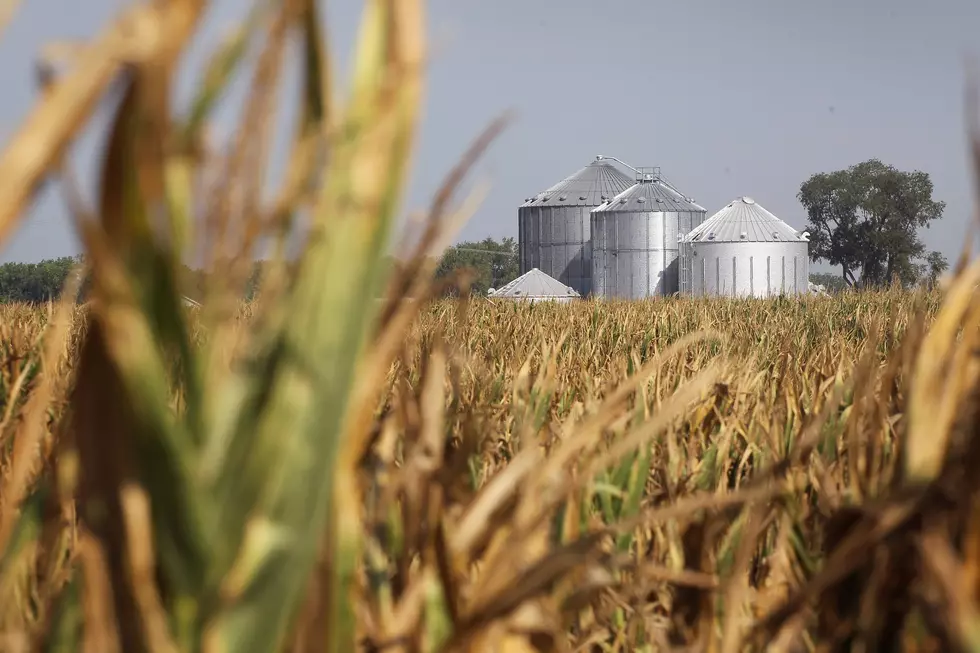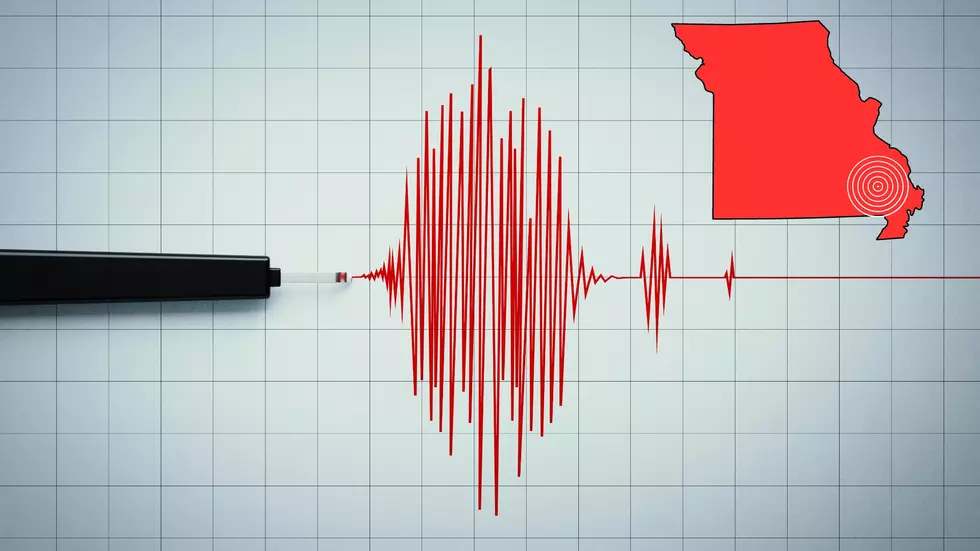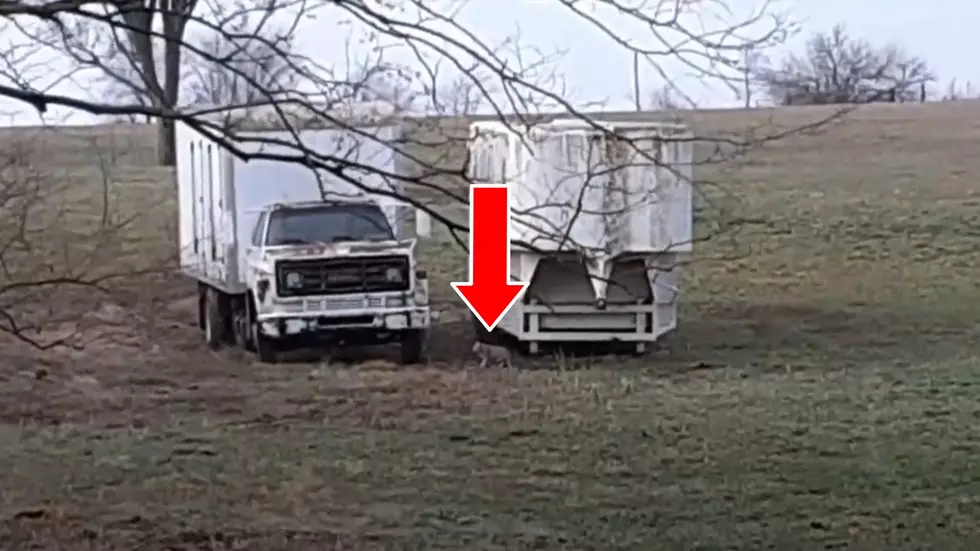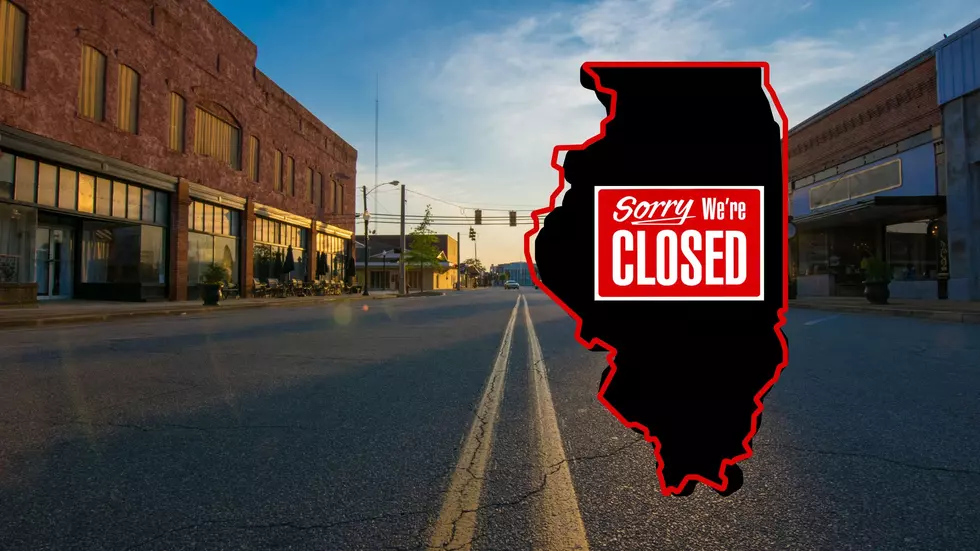
Illinois Farm Bureau Crop Insurance Q&A
Thanks again to Blake Roderick at the Pike County, IL Farm Bureau for this information.
Yesterday was Illinois Farm Bureau's Commodity Conference, where farmers gain new insight to managing risk. Doug Yoder, IFB's Senior Director of Affiliate and Risk Management offered attendees answers to some of the most commonly asked questions about the drought and crop insurance.
Follow this link to the full IFB drought page: http://www.ilfb.org/policy-and-issues/current-issues/drought-2012.aspx
________________________________________
If crop insurance adjuster has granted permission to chop or destroy the crop, how quickly will I receive my claim check?
If farmer and adjuster agree on the yield assessment, crop insurance company must make claim payment within 30 days.
If adjuster is unable to accurately assess yield potential or if farmer does not agree with yield assessment they will be instructed to leave a check strip. Final claim will be based on yield of check strip once harvested this fall. In this case claim check will not be made until after harvest.
________________________________________
In case of crop insurance company failure, are claims fully backed by federal government?
Yes. In the case of a crop insurance company failure, RMA guarantees and fully backs each federal crop insurance claim.
Also, each year every Approved Insurance Provider (AIP) is stress tested to verify they have financial reserves adequate to meet 400% of the potential loss on their crop insurance book of business. On July 1, 2012 all 16 AIP's passed this stress test.
________________________________________
With the potential for a large number of high dollar claims that may qualify for the automatic RMA audit prior to claim payment creating a backlog and delay in claim payments, is there a chance RMA may waive the requirement?
Prior to this year a high dollar claim review was required for claims exceeding $100,000. RMA continually monitors claim statistics to ensure the volume of required reviews does not hinder timely claim servicing. Last year in some states where the number of claims in excess of $100,000 was expected to surpass 5% of all claims, RMA provided a list of policies with liability in excess of $100,000 to the insurance companies that had to be reviewed, and excluded the remainder of the required reviews for the year.
The experience from last year coupled with increased commodity prices prompted RMA to raise the threshold for high dollar claim reviews to $200,000. RMA expects this move will significantly reduce the number of required reviews for 2012 while ensuring that the largest claims continue to be reviewed to safeguard public funds. RMA does not expect the level of claims in excess of $200,000 to rise above 5% of all claims in any state, but if it appears that this is the case, RMA might consider an exercise similar to the one approved last year.
________________________________________
What is the maximum price limit in my Revenue Protection (RP) contract?
With the advent of the new Combo policy in 2011, the new price limits for Revenue Protection (RP) policies are 200% of the base price established using the February average of December futures for corn and November futures for soybeans.
The corn base price of $5.68 X 2 = maximum price of $11.36
The soybean base price of $12.55 X 2 = maximum price $25.10
RP policies with the Harvest Price Exclusion will continue to use the base prices.
________________________________________
Do acres that are not harvested count towards county average yields for GRIP policies?
Un-harvested acres do count in GRIP county average yields as RMA calculates county yield averages by dividing total county production by planted acres for GRIP purposes.
This differs from county average calculations performed by NASS who publishes the monthly crop reports. NASS calculates county average yields by dividing total county production by harvested acres.
________________________________________
If a farmer planted prior to their crop insurance eligible early planting date, will that impact their fall claim?
No. Planting prior to that date only potentially impacts a farmer's replant coverage and does not affect their fall claim in any way.
________________________________________
Can crop insurance premiums be netted out of claim proceeds?
Yes. However the company would typically charge interest starting October 1 since premiums are now due September 30.
July 23: USDA will encourage crop insurance companies to voluntarily forego charging interest on unpaid crop insurance premiums for an extra 30 days, to November 1, 2012, for spring crops. Policy holders who are unable to pay their premiums in a timely manner accrue an interest penalty of 1.25 percent per month until payment is made. USDA sent a letter to crop insurance companies asking them to voluntarily defer the accrual of any interest on unpaid spring crop premiums by producers until November. In turn, USDA will not require crop insurance companies to pay uncollected producer premiums until one month later.
________________________________________
Can crop insurance claims be deferred to the next tax year?
This question should be directed to a qualified tax professional.
More From KHMO-AM 1070, News-Talk-Sports









